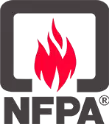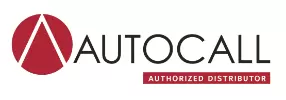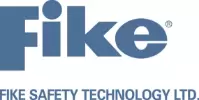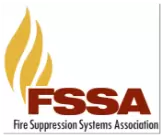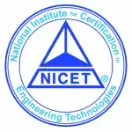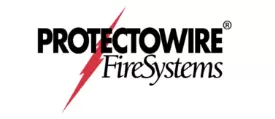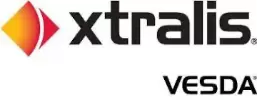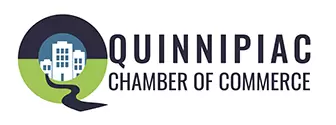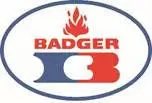Types of Fires & Fire Extinguishers For Your New England Business
Fire Protection Team is able to help you discover exactly what you need in a portable fire extinguisher to meet the needs of your facility. Based on the type of facility and what you do there, you may have a need for a particular type of fire extinguisher. This is determined by a class system that categorizes fires and extinguishers.
The Different Classes of Fires (A-K)
Class A Fires
Class A fires are fires in ordinary combustibles such as wood, paper, cloth, rubber and many plastics. To put out a Class A fire, one should use an extinguisher that is certified as a Class A extinguisher. Types of Class A extinguishers include air pressurized water extinguishers (APW), water and foam extinguishers, dry chemical extinguishers, some wet chemical extinguishers and clean agent extinguishers.
Class B Fires
Class B fires are fires in flammable liquids such as gasoline, petroleum greases, tars, oils, oil-based paints, solvents, and alcohols. Class B fires also include flammable gases such as propane and butane. Class B fires do not include fires involving cooking oils and grease. Due to the source of the fire, not any type of extinguisher can be used on a Class B fire. Extinguishers certified as Class B include carbon dioxide or CO2 extinguishers, dry chemical extinguishers (ordinary and cartridge-operated) and clean agent extinguishers.
Class C Fires
Class C fires are fires involving energized electrical equipment such as computers, servers, motors, transformers, and appliances. Due to the electrical element involved, Class C fires should only be put out with particular extinguishers, including carbon dioxide or CO2, clean agent extinguishers, dry chemical extinguishers (ordinary and cartridge-operated) and water mist extinguishers.
Class D Fires
Class D fires are fires in combustible metals such as magnesium, titanium, zirconium, sodium, lithium, and potassium. Class D fires are most common during the manufacturing process. Dry powder extinguishers are the only type of extinguisher that should be used on Class D fires. Dry powder extinguishers are ineffective on all other classes of fires.
Class K Fires
Class K fires are fires in cooking oils and greases such as animal and vegetable fats. Due to the irritable nature of grease fires, extinguishers for use on Class K fires must be able to block the fire’s access to oxygen, so wet chemical extinguishers must be used. Other types of extinguishers cannot be used on Class K fires.
Your Fire Extinguisher Options
When it comes to choosing the right fire extinguisher for your commercial property, you want to understand all your options. Depending on what kind of work is going on in your property, you’ll need to choose between the following fire extinguishers:
Air Pressurized Water (APW) Extinguishers – These work by removing the heat element of the fire and separating the oxygen from the source.
Carbon Dioxide (CO2) or Dry Chemical Extinguishers – CO2 displaces oxygen while the pressurized gas also cools the fire.
Multi-Purpose (Dry Chemical) Extinguishers – The most widely used form of fire extinguisher, which works by interrupting the chemical reaction of the fire.
Wet Chemical Extinguishers – For use in kitchen fires, wet chemical extinguishers prevent re-ignition because they form a barrier between the oxygen and fuel elements of a fire.
Clean Agent/Halocarbon-Based Extinguishers – Known for containing halocarbon agents that cause significantly less damage to the ozone, clean agent extinguishers are relatively multi-purpose in nature. They work by removing heat and/or interrupting the chemical reaction.
Dry Powder Extinguishers – These use a powder to separate a combustible metal element from the fuel and oxygen.
FPT For Extinguisher Installation Services
Fire Protection Team has you covered when it comes to any of your extinguisher needs. Our professionals can help assess the needs of your location and help you choose the right extinguishers for you. contact us online or by phone at 203.250.1115 today!

